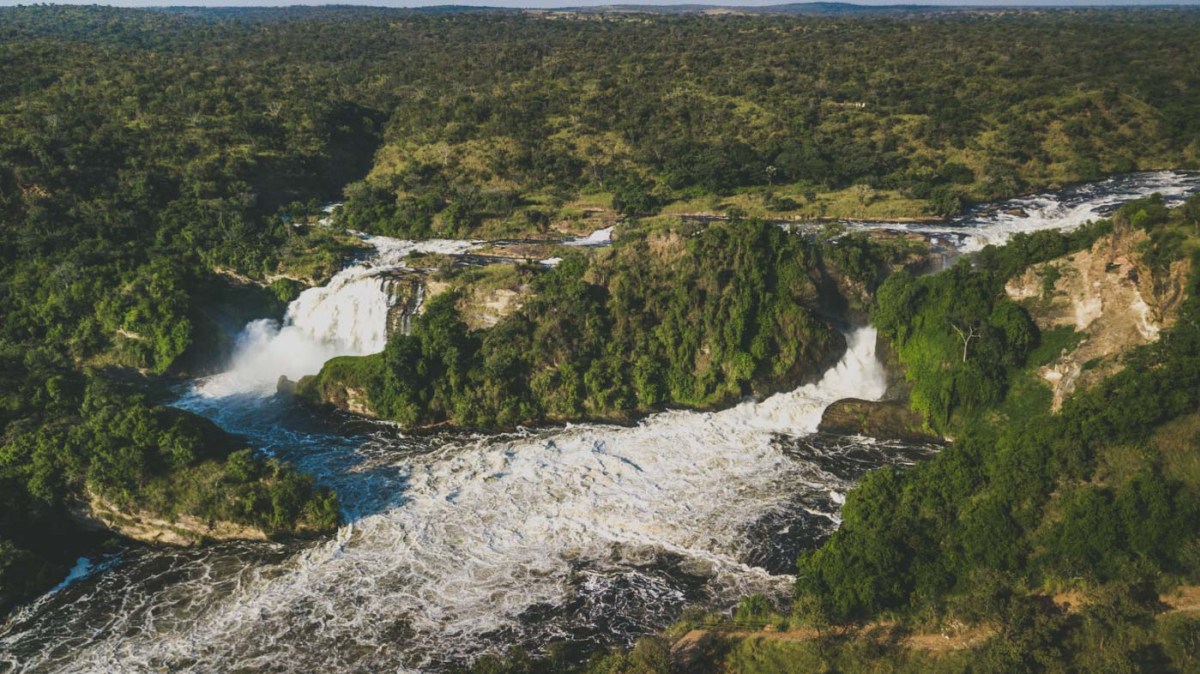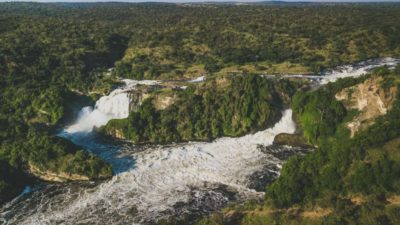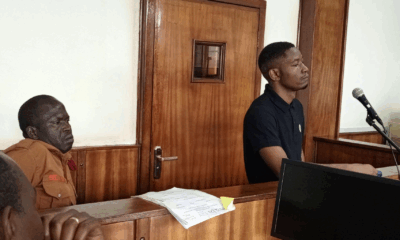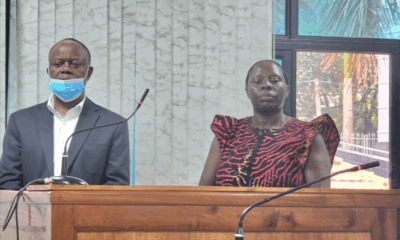News
War Over Murchison Falls, ‘Don’t fool us’
Don’t fool us; – NGOs tell government as they plot to rally masses against proposed Uhuru dam project

Murchison falls.
The government has reviewed its decision not to construct a hydro power dam in the ecologically sensitive Murchison falls bay – which is one of Uganda’s top tourists attractions. Environmentalists have promised to fight the project.
This comes after the government retreated on the issue of building a dam at the main Murchison falls following widespread opposition from across the public especially the tourism industry the first time the project was fronted back in August this year.
On August 27, 2019, the Minister for Tourism Prof. Ephraim Kamuntu told a news conference in a victorious tone that government had cancelled plans of constructing a 360 Megawatt Hydro Power Dam at the iconic Murchison Falls along River Nile in Kiryandongo and Nwoya districts.
According to Energy Minister Irene Muloni, cabinet sat on December 2 and agreed to undertake a feasibility study to construct a hydro power dam at Uhuru falls located just a few metres upstream of Murchison falls on the Nile.
“Cabinet reviewed its decision on 2nd December 2019 and agreed that a feasibility study should be undertaken on the Uhuru Falls site,” Muloni said.
But the decision, which is binding on all Ministers, didn’t come without serious debate. According to Tourism Minister Ephraim Kamuntu, the final decision will only be made after a thorough scientific study on the feasibility of a dam at Uhuru without affecting Murchison falls.
According to tourism website Lonely Planet, Uhuru falls came into existence in 1962 following heavy flooding that cut a much bigger and more powerful Murchison falls into two and created Uhuru falls. This means that the two falls may be too close to each other to the extent that touching one would impact the other.
According to Ben Ntale of Apetreks Tours and Travel, the distance between the two falls does not exceed 200 metres.
The revelation by Minister Muloni that the government has already procured the services of two South African companies, including one that had applied to build a dam at Murchison, means that a decision on the dam is a fait-accompli, and that government is simply trying to manipulate the public.
Muloni says Government has signed a Memorandum of understanding with a South African company M/S Bonang Energy and Power Limited to lead a Consortium that includes among others Norconsult and JSC Institute Hydro Project to undertake detailed feasibility studies.
This has angered some environmentalists who argue that the government is just trying to fool Ugandans.
Frank Muramuzi, the Executive Director and Founding Member of the National Association of Professional Environmentalists (NAPE) says both Uhuru and Murchison falls should not be turned into hydro power plants noting that they are tourists attractions that shouldn’t be lost.
“Even if its Uhuru or Murchison falls, that place should be a no-go area because these are one of the biggest tourist attractions that shouldn’t be lost. Doing a feasibility study means they are opening it for construction of the dam, they should not fool us,” Muramuzi said.
Muloni says government will effectively monitor the study activities so as to ensure no crucial issues are left out during this study.
“Government will ensure thorough supervision of the feasibility study so that its interests are taken into consideration including bench-marking where similar projects have been previously undertaken in ecologically sensitive areas,” Muloni said.
South Africa has the reputation of conserving its nature for tourism purposes. The interest of South African companies to raze Uganda’s natural spots will likely perplex many people.
According to Muloni, the government’s effort to increase power generation is derived from the Second National Development Plan (NDP11) which prioritised investments in energy infrastructure with a focus on exploitation of abundant renewable energy sources including hydro power.
“In this regard, considerable progress has been made in the area of increasing electricity generation capacity through construction of hydro power plants such as Isimba that was commissioned in March 2019 and Karuma Hydro power project which is projected to be commissioned during the first quarter of 2020,” Muloni said.
When asked to clarify on why government is still insisting on building more dams yet the country is currently having excess power, Muloni said that the government intended to construct 25 industrial parks across the country that would require huge volumes of power.
“The 25 industrial parks across the country to be constructed will need huge volumes of power to accelerate industrialization, value addition and job creation and this excess power will be absorbed as soon as these industrial parks are completed,” She said.
Meanwhile, Tourism Minister Ephraim Kamuntu, who attended the news conference, backed the cabinet decision on a dam at Uhuru falls, noting that this would not undermine the government’s commitment on protecting nature.
“I want to assure you that conservation of the environment and natural endowment is not a choice for anyone but a duty for everyone. You should never doubt the commitment of the government in the conservation of natural endowment” Kamuntu said.
Kamuntu further said that the feasibility study would be the only way to determine whether the natural endowment of Murchison falls would be tempered with or not after the construction of the Hydro power dam.
“The decision of cabinet after a long debate was that, if this feasibility study shows we can have a hydro power station without disrupting the conservation and nature of the falls, then we shall go on with it,” Kamuntu said.
Murchison falls located in Murchison falls National Park, is one of Uganda’s top tourist attractions.
Fight awaits
Muramuzi says they are going to mobilise the masses to fight the project because it’s not necessary.
“The study isn’t necessary, it i misguided and we are going to fight it as Ugandans because this country does not belong to selected individuals but it’s a country for all of us,” Muramuzi stressed.
Muramuzi further argues that instead of destroying an important piece of Uganda’s heritage, government should focus on alternative sources of power such as geothermal, solar as well as importing electricity from other countries when need arises.
Lawyers too, take a stand
Lawyers too, under their umbrellar body the Uganda Law Society (ULS) have warned that they will oppose the dam because it threatens to undermine the rights of millions of people.
Murchison Falls where the mighty Nile is squeezed in 6-metre gorge is considered one of the most powerful and picturesque falls in the world.
Comments



















